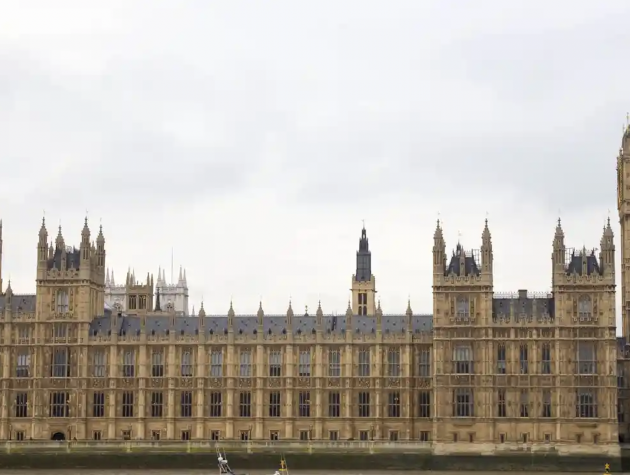GEG submits evidence to the UK House of Commons's Inquiry on Digital Trade and Data
Emily Jones, Beatriz Kira and Danilo B. Garrido Alves submitted written evidence to the House of Commons' International Trade Committee, as part of the Inquiry on Digital Trade and Data.
This evidence is based on the ongoing research project on the regulation of the digital economy, and is in line with the Blavatnik School of Government's goal to promote evidence-based public policy.
The submission recommends that the UK Government:
- Develops a digital trade strategy to guide its trade negotiations and wider trade policy, setting out its policy objectives and how it intends to achieve them. This would ensure coherence between domestic and international policies, and across its different trade negotiations, and provide clarity and predictability to businesses, workers and citizens.
- Widens the range of public policy objectives the Government considers in its to digital trade policies, including it its negotiating objectives and impact assessments. While facilitating and promoting digital trade is important for the UK economy, attention also needs to be paid to the protection and promotion of citizens’ digital rights (including personal data protection and accountability of digital technologies); consumer protection (including promotion of a secure and safe internet, and consumer redress for cross-border digital transactions); promotion of a competitive and innovative digital economy; fair and effective taxation of digital economy; and cybersecurity. Ex-ante and ex-post impact assessments of trade agreements should include a far more detailed analysis on digital trade.
- Creates a far more robust mechanism for consulting and deliberating on its digital trade strategy and digital trade provisions in specific trade negotiations. Given the breadth of policy issues and nature of policy trade-offs that need to be considered, digital trade policy needs to draw on the expertise and perspectives of a wide range of stakeholders in the business community (including SMEs and businesses that use digital products and technologies), consumer groups, digital rights groups, trade unions, and independent experts. Existing consultation mechanisms should be reviewed and strengthened to ensure they are more representative of diverse stakeholder groups.
- Takes a whole-of-Government approach to digital trade policy fully involving key departments and regulatory agencies in development and execution of digital trade policy. This should include Department for Digital, Culture, Media & Sport (DCMS), the Department for Business, Energy and Industrial Strategy (BEIS), the Foreign, Commonwealth and Development Office (FCDO), the Information Commissioners Office (ICO), and National Cyber Security Centre (NCSC).
- On cross-border data flows, carefully assesses its options and consults with stakeholders and makes a clear decision on whether to stay aligned with the EU’s GDPR. If the UK does wish to stay aligned, then it would be prudent to insist on more robust exceptions for privacy measures in its upcoming trade negotiations, including CPTPP, to ensure that the UK’s data protection measures including its own data adequacy instruments are not at risk of challenge.
- On intellectual property and innovation, conducts and makes publicly available detailed analysis on the implications of provisions regulating the disclosure of source code, software, algorithms and cryptography in trade agreements. The UK Government should ensure its commitments in trade agreements are sufficiently robust to safeguard its ability to regulate new technologies (including the ability to audit and hold algorithms accountable), and strike an appropriate balance between protecting the intellectual property of companies and promoting other relevant public policy objectives, including access to technology, market competition, and open-source software.
- On internet regulation, ensures that commitments in international trade agreements on the liability of online platforms are fully aligned with domestic laws and policies, in particular when it comes to moderation of online content and online harms. The UK should establish a robust domestic regime that considers the relevant trade-offs before signing up to any commitments in future trade agreements that could restrict regulatory options.
- On electronic commerce and consumer protection, pioneers a far more robust approach to consumer protection, working with other countries including New Zealand, Canada, and Singapore. Specific regulation on electronic commerce and consumer protection would foster digital trade by ensuring consumers can have legal certainty and ways to pursue redress, improving consumer trust in digital trade.
- On digital services taxes, designs a digital services tax that is in line with the UK’s international trade, investment, and taxation obligations. An active diplomatic strategy is needed to defend the UK’s use of digital services taxes in light of the recent USTR finding that the UK’s current design discriminates against US companies.







